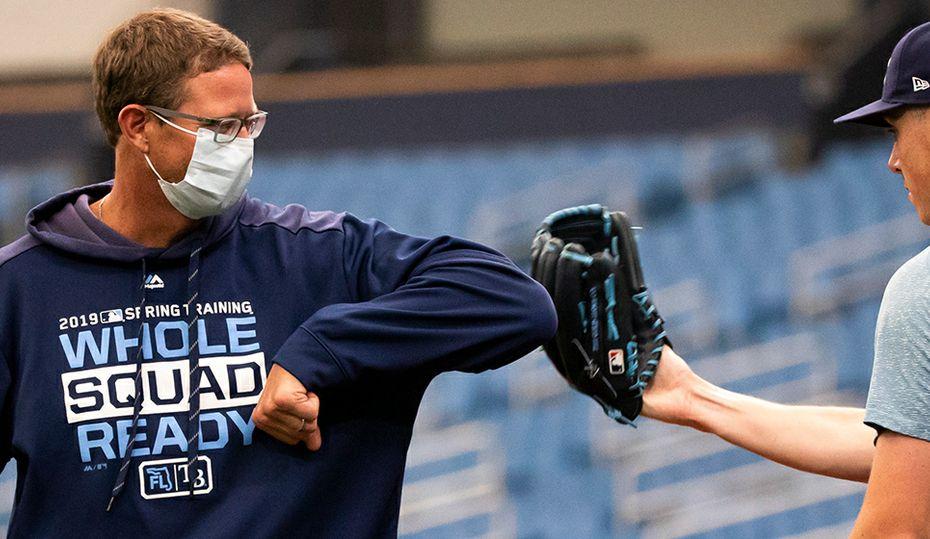When COVID-19 Struck, They Answered the Call for Help
How 211 helped people keep their homes after the pandemic threw them out of work
When COVID-19 threw millions out of work, threatening their ability to feed and house their families, specialists at NC 211 were there to help.
People can call, text or email 211 across the country to find support for housing and utility assistance and other social services. In 2019, the service’s representatives answered nearly 12 million calls. Because of the pandemic, the agency expects that number to double in 2020.
In North Carolina, about 40,000 households who were unable to pay rent for months applied for rental assistance through the state’s Housing Opportunities and Prevention of Evictions (HOPE) program between October and Nov. 11, when the program reached its funding limit.
The money from the federal CARES Act will help low- and moderate-income renters with overdue rent and utility bills for six months. Payments go directly to landlords and utility providers.
“The goal,” said Heather Black, NC 211 state director for United Way of North Carolina, “is to keep people in their homes, especially as we head into the winter.”
Many of your neighbors, she said, had stable lives before COVID-19. Others were living on the brink.
“But it has escalated and become so much more intense because of COVID-19. There are so many more people who need help because of unemployment and the economic impact of COVID-19,” she said. “The agencies that normally provide those resources have also been impacted. Donations are down.”
Since 211 was already operating, the service was ready for the crisis and hired more people to handle calls for HOPE.
“The value of 211 is that because of partners like Duke Energy and United Ways all around the state, we had an infrastructure ready to go, so the state could leverage for a program like HOPE,” she said. “People are already calling 211 about rent and utility assistance needs, and now we can give them a solution.”
Programs like HOPE, Black said, keep the problem from snowballing. It keeps families in their homes, pays utility bills and gives landlords money to pay their mortgages.
Social service agencies and nonprofits also have been hurt, she said, since donations are down, and they are unable to hold fundraising events. If you can, Black said, donate food and money for people in need.
Duke Energy gave $508,000 to 211 during the pandemic in the states the company serves. Some of the money came from employee volunteerism, through the company’s Illuminating Kindness initiative, where the company donated $1 for every hour an employee volunteered or performed an act of kindness.
Other donations came from collaborations like one with the Tampa Bay Rays where Duke Energy pledged a donation for each homerun. The team scored enough to earn $123,000 for 211 Tampa Bay Cares.
In all, Duke Energy and Piedmont Natural Gas have donated more than $7.5 million to those struggling through food banks, classrooms, bill assistance, small businesses and emergency funds in seven states. The company is committed to supporting its customers, communities and employees.
“As the pandemic continues, the need continues to grow in our local communities,” said Duke Energy Foundation President Katherine Neebe. “Providing support to agencies like 211 who are working tirelessly to help those who have been impacted by COVID-19 is one way we fulfill our purpose to power the vitality of our communities.”
Resources
- 211 is free and available 24 hours a day by phone, text or email to help you find resources for crisis and emergency counseling, disaster assistance, food, health care and insurance, housing and utilities, employment, veteran services and child care and family services.
- Unemployment has increased the need for assistance with rent, utilities and food. Find out what the needs are in your state at 211counts.org.
- Nonprofits and social services agencies need donations. Give to the United Way or your favorite group.




